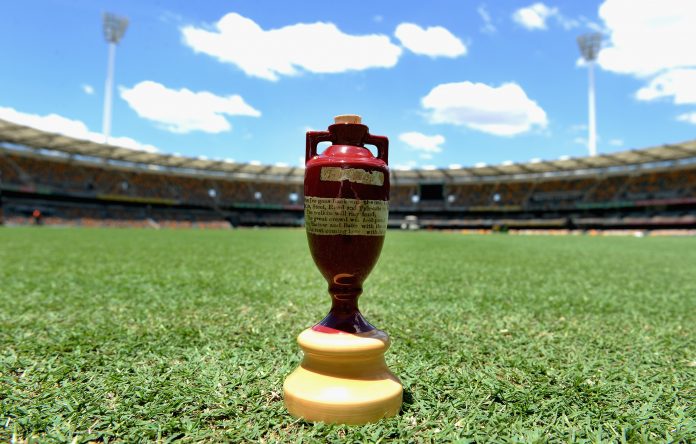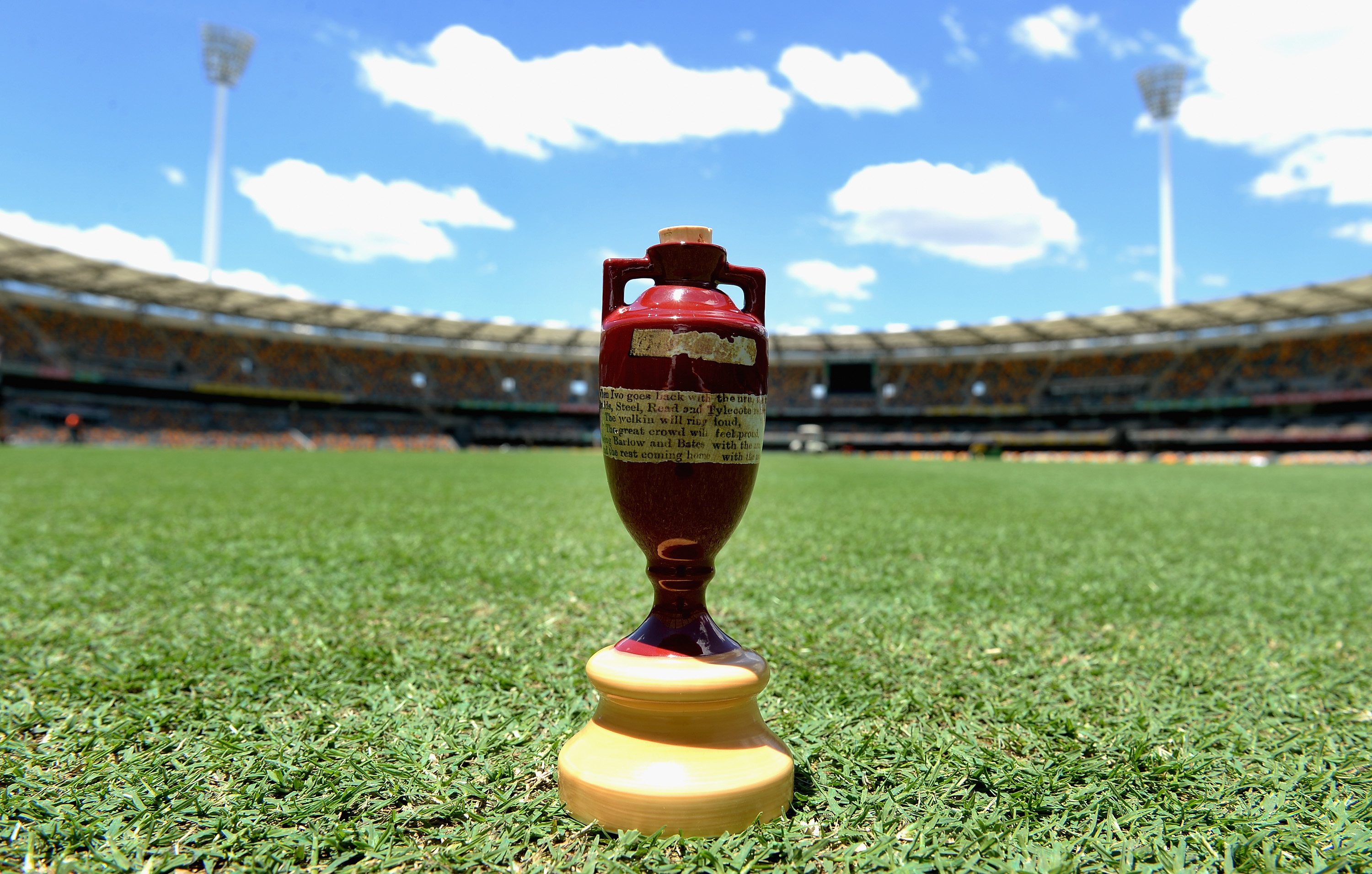

It’s here! It’s here! It has finally arrived!
The first ball of the Ashes series will be bowled on Thursday morning and it cannot come quickly enough. All the talk, the speculation, the debates, the selections, can all be put to rest as the sound of leather on willow begins to take-over living rooms across the country.
For Australia, it’s a chance to regain the urn and an opportunity for Steve Smith to make a mark on the oldest and strongest rivalry in world cricket. For England, to win an away series minus Ben Stokes (for now) in the early days of Joe Root’s captaincy with a largely inexperienced squad would be an enormous achievement.
Neither side would be totally satisfied with their preparation for this series. England coach Trevor Bayliss has publicly voiced his opinions regarding the standard of opposition in his side’s warm-up games (ironic, given the man who captained the CA XI in Adelaide, Tim Paine, will take the gloves for Australia in this series), while individual performances in the opening rounds of the Sheffield Shield hardly delivered the results the selectors would have been looking for.
In Smith and Root, both sides boast batsmen at the top of their game. Largely out-of-sight and out-of-mind for Australian audiences, Root has grown into a rock in England’s middle order, sitting second in the ICC rankings for Test batsmen. Averaging just under 54 in Test cricket, there is no doubt that he will be the key wicket for the Australians.
England’s batting line-up appears to be their achilles heel. Root, along with Cook, will be required to make the bulk of the runs this series, given the inexperience around them. Dawid Malan, Mark Stoneman and James Vince have played just 15 matches between them, plus the huge hole left by Stokes’ absence will likely require a shuffle in the batting line-up. Moeen Ali and Jonny Bairstow will be required to bat above their usual positions, and the extra bowler will only lengthen their tail.
Ali has been a star for England. His off spin is more than handy, and having batted at eight for the majority of his career, he has acted as an attacking, counter-punching threat, capable of scoring quickly. Bairstow, meanwhile, has become one of the most improved players in Test cricket in recent years.
Stoneman has impressed on tour so far with four scores of 50+, but as Bayliss noted, the standard of bowling they have faced will be nothing like what they will contend with in the Test series.
Australia’s pace trio of Mitchell Starc, Josh Hazelwood and Pat Cummins have all enjoyed excellent lead-ins to the series. Starc claimed two hat-tricks against Western Australia in one shield game to go with his haul of 8-73 against South Australia, and Hazelwood had WA reeling at 3/8 after removing the Marsh brothers and Hilton Cartwright cheaply.
While not a member of the fearful pace trio, Nathan Lyon cannot be underestimated. He is enjoying his best calendar year in Test cricket, having claimed 46 wickets thus far, and is coming off two tours in the subcontinent where he flourished.
Australia’s batting card is not rock-solid, but it oozes class. Smith and David Warner are the obvious key wickets, with memories of 2013/14 still in their minds. Usman Khawaja thrives in Australian conditions, as does Peter Handscomb, who averages 99 at home in his short Test career.
Shaun Marsh and Tim Paine are speculative selections but both are quality batsmen capable of scoring big. And while the chopping and changing at the top of the order may be unsettling for Warner (Brisbane will see Warner’s fourth opening partner in the last 12 months), Cameron Bancroft is the most in-form batsman in the country.
Where Australia can make serious inroads is capitalising on an English bowling attack that is seemingly under-done. In their warm-up games, rookie leg-spinner Mason Crane has comfortably bowled the most overs in the squad, but is unlikely to make his debut at the Gabba . Spearhead James Anderson has returned excellent figures thus far but did not bowl in Townsville and at 35, it will be interesting to see how Root manages his workload across the series.
Jake Ball appears likely to take the fourth bowling spot, despite rolling his ankle in Adelaide, where he only bowled four overs. It’s a risk to bring someone in with such little preparation, but playing safe does not win Ashes series’. Once again, Stokes’ absence will be felt in the field, where he is more than capable of filling the role of the fifth bowler.
The psychology of the lead-up has been intriguing. Australia have been at their hostile and belligerent best, harping back to the 2013/14 series in an attempt to open psychological wounds among the tourists. England, however, have been quick to downplay the threat of Australia’s pace trio. They appear calm, and ready for an Australian summer entails, having put the disastrous 2013/14 campaign well and truly behind them. After all, just six players in the current touring party were members of England’s squad for that series.
Australia’s intimidating record at the Gabba cannot be taken lightly. They are undefeated in their last 28 matches, including 21 victories. For England to have any chance of retaining the urn, they must at least break-even with Australia in Brisbane. Day/night conditions in Adelaide will suit the tourists, where Anderson, Chris Woakes and Stuart Broad will lap-up the grass on the wicket and enjoy the pink ball. England will be hoping that the seaming ball will cause Trent Bridge-like havoc amongst the Australians, where they were dismissed for just 60 in the 2015 series.
Should England breakeven in the first two matches, it will be game on, with the looming threat of Ben Stokes returning later in the tour a handy card to play.
I think Australia will win the series 3-1 but it will certainly be a cracker of a series.
Result: Australia 3-1
Player of the series: Josh Hazelwood
Most wickets: Josh Hazelwood
Most Runs: Steve Smith





